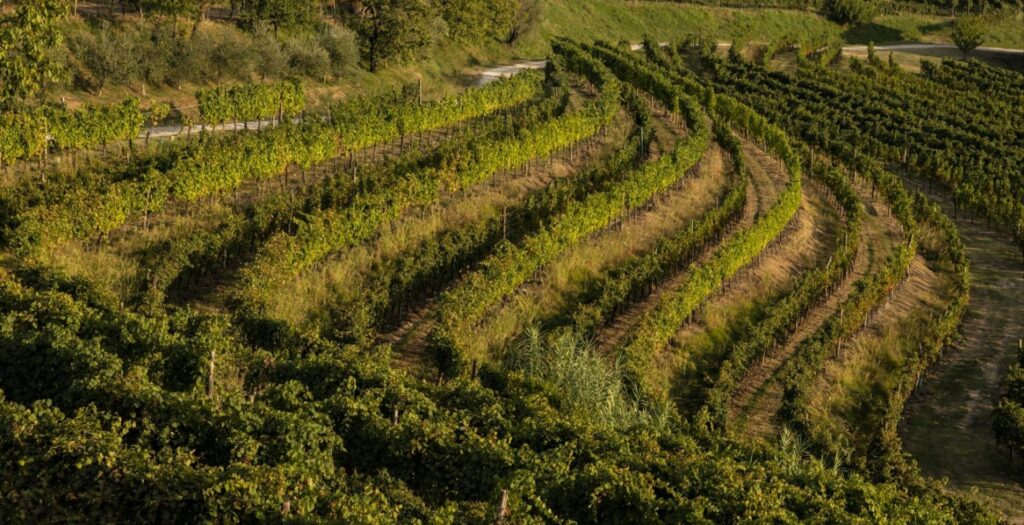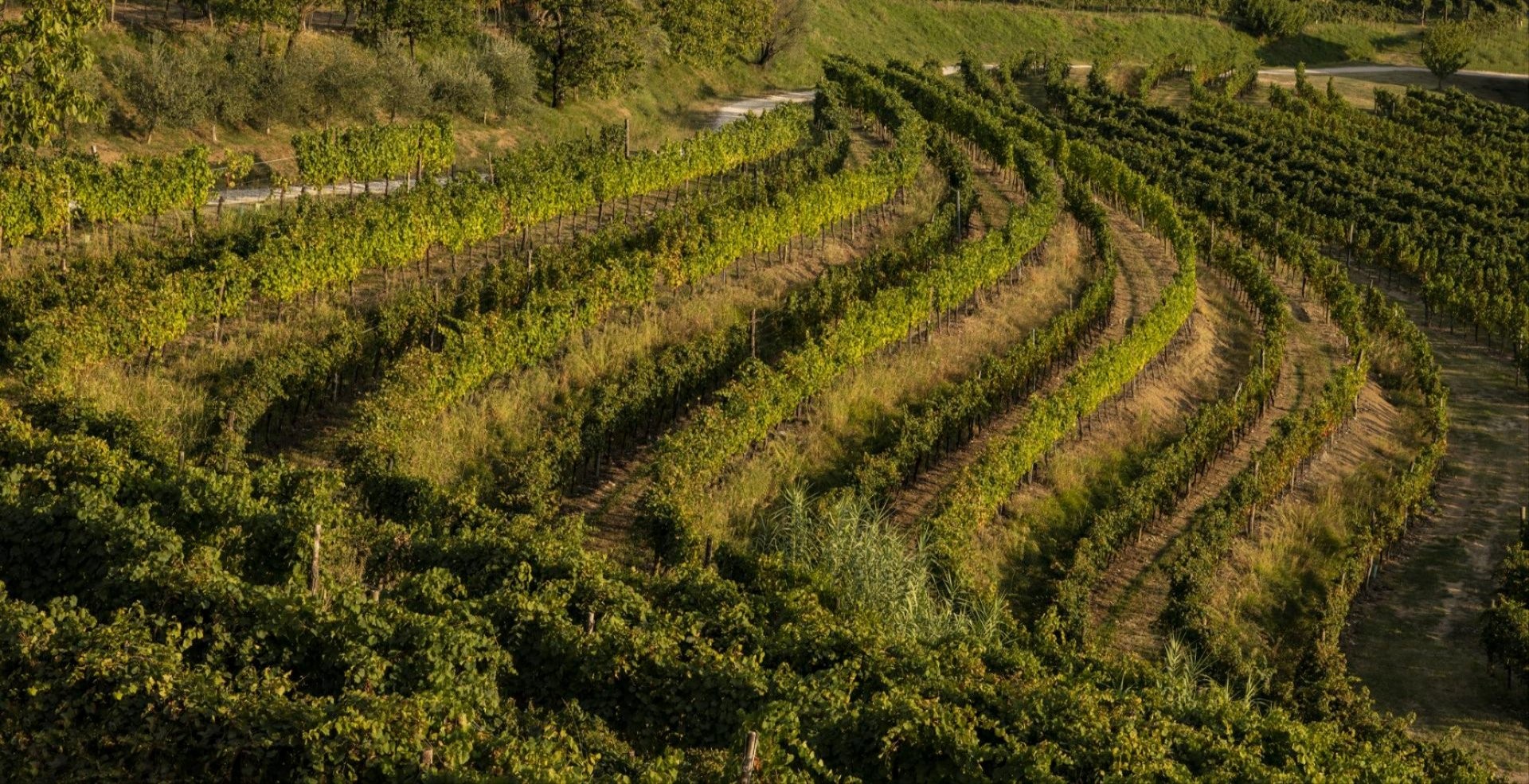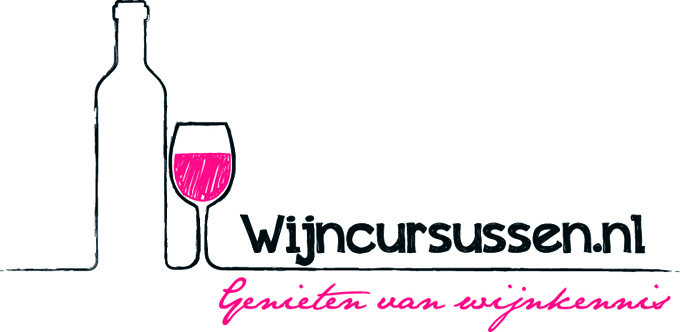
Friulano, Ribolla Gialla and Pinot Grigio: three varieties that sink their roots into the Ponca soil and develop a perfect biometabolism for long-lived wines
Oleis di Manzano, July 2023 – Torre Rosazza tells the story of two souls: Friulian traditions and culture that blend with winemaking technique and experience. The various forces that influenced the winemaking history of Friuli’s Colli Orientali come alive through the union of native and Central European grapes, remarkably expressed through wines endowed with outstanding quality and balance that reveal the evolution of the varieties over the years.
Located on the first hills of the Colli Orientali of Friuli, Torre Rosazza benefits from the presence of the Julian Alps to the north, which protect the vineyards from cold winds, while the Grado Lagoon mitigates the marine breeze coming from the Adriatic Sea. The perfect exposure and diurnal temperature variation endow the wines with aromas, character, and longevity. Operations in the cellar focus on enhancing the aromatic profile of the grape varieties and their bond with the terroir, to bring out the finesse and freshness of white wines that embody a contemporary Friuli in its most sublime and elegant expression.
THE PONCA AND THE RONCHI: Between Tradition and Innovation
Torre Rosazza rises above the hills that surround the estate: a natural amphitheater of terraced vineyards, known as Ronchi, which follow the rolling slopes, creating a mesmerizing geometric pattern. “Planting the vineyards on the Ronchi – which indicate the hilltops – enables the vines to enjoy different exposures while thriving on the same soil. This creates the best conditions for the development of aromas and allows optimal ripening of the grapes.” says Giovanni Casati, Head Enologist and Agronomist of Le Tenute del Leone Alato.
The estate stretches for 100 hectares, of which 74 are covered by vines that sink their roots into the soil called Ponca. This is the typical element of the soil in the Colli Orientali of Friuli (COF): a sedimentary formation entirely made up of clayey marl alternating with layers of sandstone. “This type of soil is key to ensuring freshness and minerality, as the layering of clayey marl and sandstone creates a perfect system capable of regulating water supply and drainage. The vine roots tend to go deeper only when they encounter the rocky layers, causing stress in the plant. But this stress induces a biometabolism that limits plant vigor, yielding ripe grapes even during unfavorable vintages and ensuring all the essential characteristics for long-lived wines: body, color, tannins, and high minerality.” continues Giovanni Casati.
Thanks to its peculiar location, Torre Rosazza’s philosophy combines Friuli’s great winemaking tradition with modern technology, introducing techniques capable of preserving and enhancing the structural components and sensory characteristics of individual grape varieties. “Climate change brought out challenges that we try to address in order to maintain freshness and longevity. For instance, we have introduced the use of the KRYOS technique, employed in the vinification of white wines to preserve their aromas. – Giovanni Casati adds – The destemmed and crushed grapes are transferred to a tank containing liquid carbon dioxide; the temperature is reduced to the desired level and oxygen is removed. This process allows for maximum extraction of varietal aromas without risking oxidation.”
The combination of these pedoclimatic conditions – known for centuries thanks to the viticultural activity in the region – together with the most modern technology, is essential to obtaining wines with extraordinary potential for evolution. As Giovanni Casati explains “Having excellent acid balance in the vineyard is one of the key elements that ensure longevity. This kind of balance is the result of that stress that Ponca induces in the vines, as if the plant were “training” the fruit. In the cellar, the Kryos technique allows us to avoid oxidation during pre-fermentation, which is the primary cause of poor quality and scarce shelf-life. Before bottling, we can regulate the dissolved gases and also eliminate excess oxygen.”










